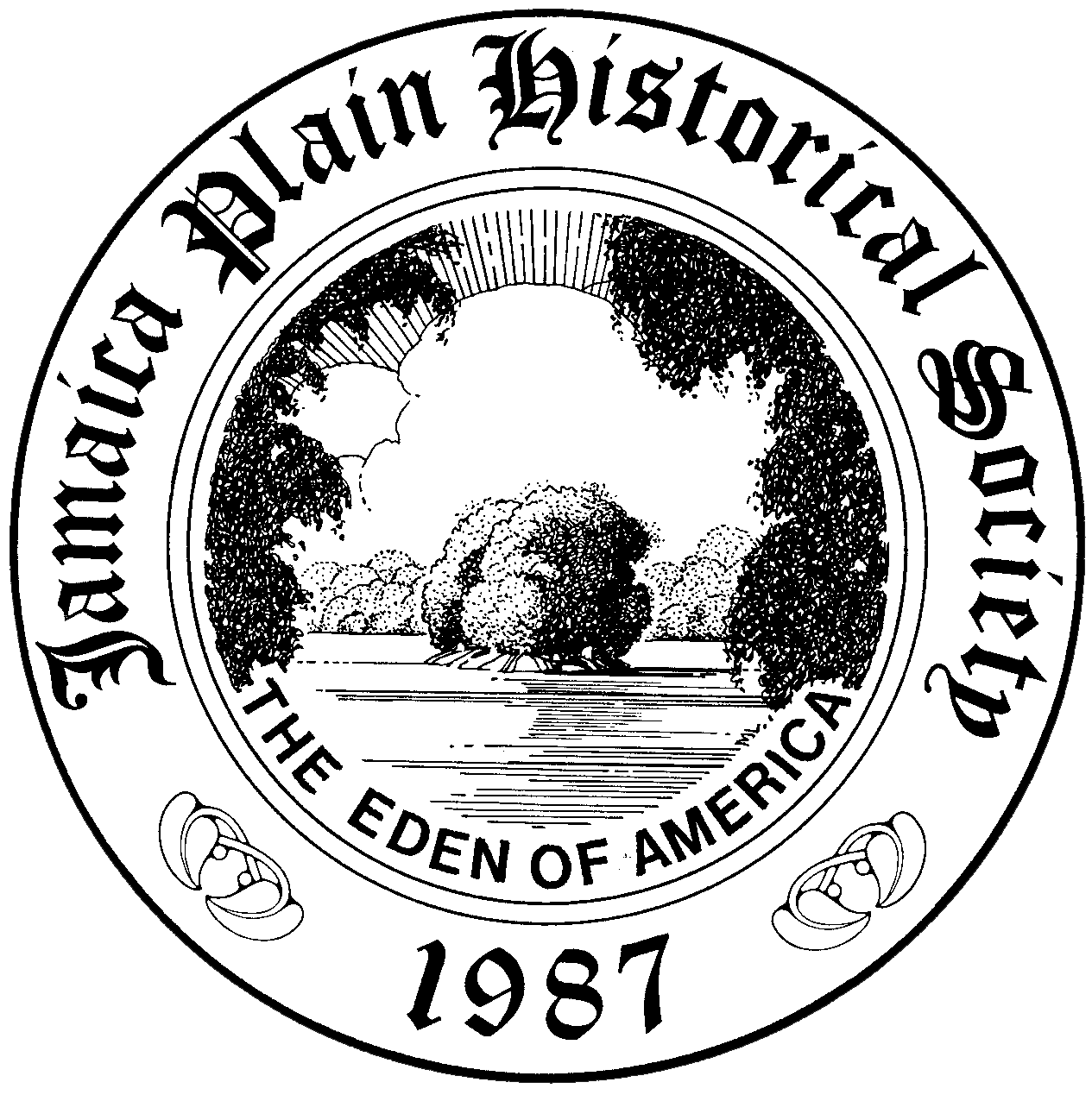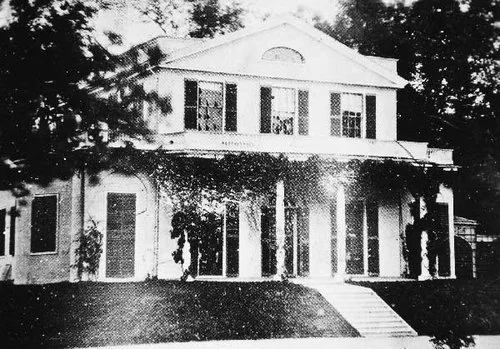The Massachusetts Historical Society collection contains a vibrant account of the first days of the American Revolution in Boston by Sarah Winslow Deming (1722-1788). She wrote a 12-page letter to her niece Sally Winslow (later known as Sarah Winslow Coverly) sometime in June 1775, two months after the battles of Lexington and Concord occurred on April 19. Her letter shares an unusual account of the outbreak of the Revolutionary War from the point of view of a 52-year-old woman and conveys a vivid sense of what was happening in Jamaica Plain.
Read MoreDetails of the life a young boy by the name of Dick Morey. On July 30, 1785, his enslaver John Morey sold Dick for five pounds to David Stoddard Greenough. On September 6, 1786, a year after Greenough purchased Dick, he changed the legal basis to a formal indenture. Dick presumably worked for Greenough in Jamaica Plain for the next twelve years. However, the evidence suggests that Dick ran away three years before the end of the indenture.
Read MoreEleazer Weld, was known as a Revolutionary War hero but there is a great contradiction in his life story. While serving his fledgling country and helping to found local institutions Eleazer Weld also enslaved and indentured people, both African and White for at least 28 years.
Read MoreMoussa Deyaha’s journey to Jamaica Plain started in Africa. His encounter with the slave-trading and enslaving Perkins family in St. Domingue (today’s Haiti) brought him to Boston for 39 years. We have no documentation of Moussa Deyaha in his own words. Instead, what we know of him is filtered through the biased narration of the Perkins family who enslaved him. But even viewed through the Perkins lens, Moussa Deyaha’s courage, resilience and survival skills shine through.
Read MoreCuba, an African woman, was being held under house detention in Jamaica Plain in fall 1777 when she filed a petition for her freedom. Cuba had been a passenger aboard the British packet ship Weymouth [2,3] bound from Jamaica to London when it was captured by the Connecticut Navy Ship Oliver Cromwell on July 28, 1777 during the American Revolutionary War.
Read MoreIn colonial times, the system of slavery was a primary economic driver in the Northern colonies including New England. Because colonists chose to grow their economy using enslaved labor, it was the standard practice of many New Englanders to enslave other human beings – both Indigenous and African people. New Englanders ran the Triangle Trade, enslaving, buying, and selling people. Jamaica Plain was part of all of this history and at least 27 people were enslaved here.
Read MoreThe fortune of the Perkins family of Pinebank was deeply entrenched in the slave trade and products produced with enslaved labor before they moved over to the China Trade (which itself was dependent on the illicit importation of opium).
Read More







